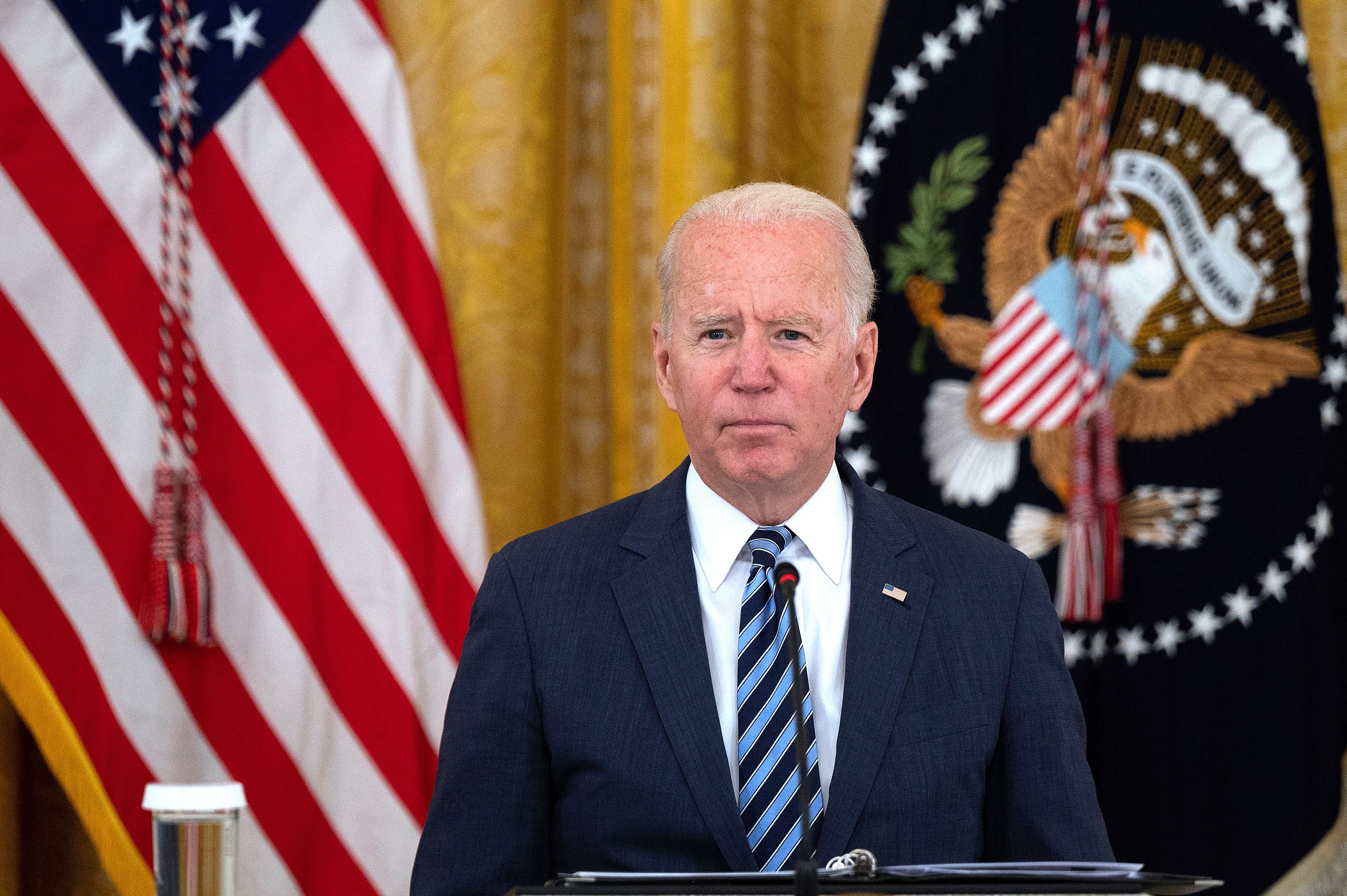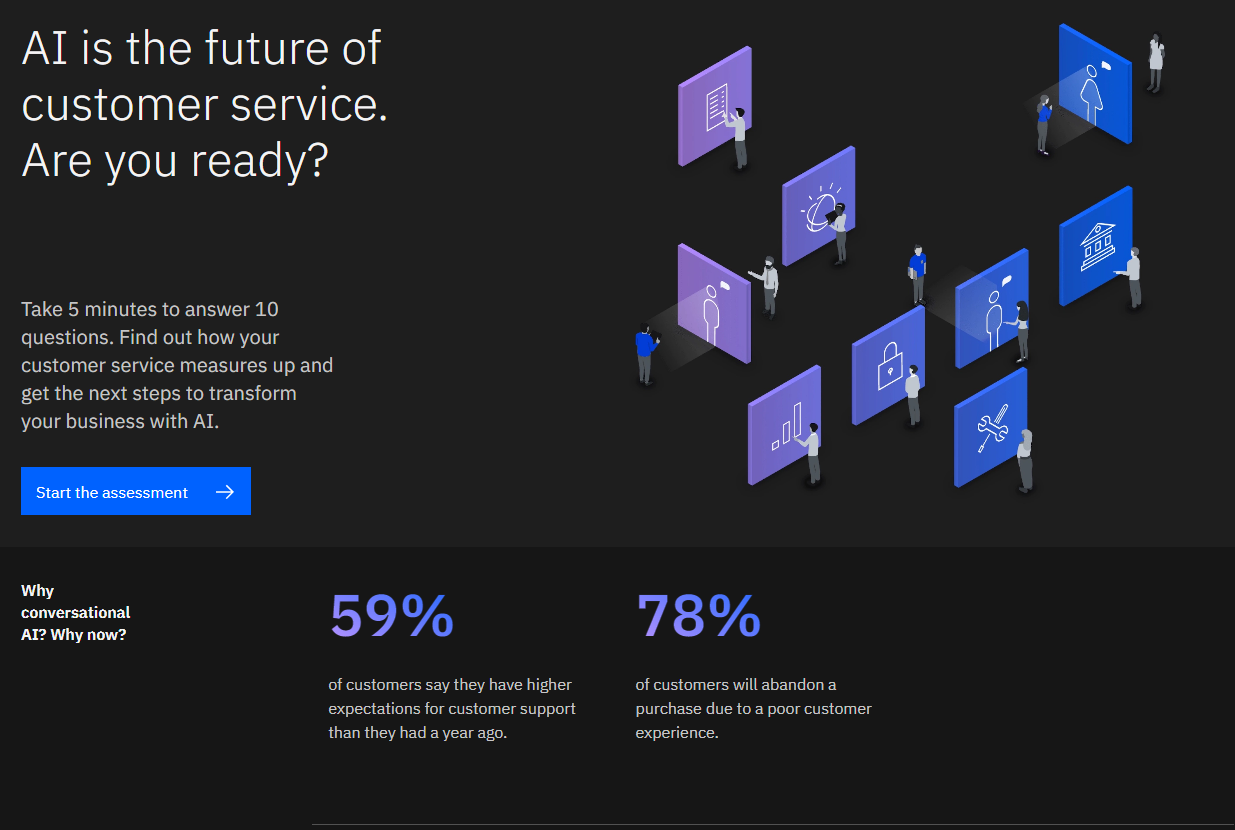‘AI Cyber Challenge’ shows US gov is already acting on its national security ambitions
The $20m challenge will include support from major industry players, such as OpenAI and Google


The US government is underlining its willingness to foster a collaborative relationship with private enterprise and the open source community on AI and security with the launch of its newest scheme.
On Wednesday, the Biden administration unveiled plans to launch a major government-backed competition aimed at exploring the use of artificial intelligence (AI) to support national cyber security.
The ‘AI Cyber Challenge’ will offer up to $20 million in prizes and help “drive the creation of new technologies to rapidly improve the security of computer code”, which the White House said is among the country’s most “pressing challenges”.
In addition, the scheme will involve close collaboration with a host of top companies operating in the AI space, including Google, Microsoft, OpenAI, and Anthropic.
“The Biden-Harris Administration today launched a major two-year competition that will use artificial intelligence to protect the United States’ most important software, such as code that helps run the internet and our critical infrastructure,” the White House said in a statement.
“It marks the latest step by the Biden-Harris Administration to ensure the responsible advancement of emerging technologies and protect Americans.”
The move from the government appears to build on its intention to foster closer ties with the private sector, the open source community, and major industry players as part of its broader National Cybersecurity Strategy.
Get the ITPro daily newsletter
Sign up today and you will receive a free copy of our Future Focus 2025 report - the leading guidance on AI, cybersecurity and other IT challenges as per 700+ senior executives
Last month, the White House published an outline of its first actions through the strategy, which included the creation of a comprehensive framework aimed at reducing the risk of vulnerable software in critical infrastructure.
RELATED RESOURCE

AI for customer service
Learn about the conversational AI landscape, three most common use cases and customer pain points, as well as real-world success stories from clients.
The government said that, under the framework, the “biggest, most capable, and best-positioned” organizations across both the public and private sectors should assume a “greater share of the burden for mitigating cyber risk”.
Creating a closer relationship with the private sector works to the government’s advantage in this regard, enabling it to draw on the country’s significant expertise and expansive technology ecosystem.
With the AI challenge scheme, the situation is no different and could help the administration accelerate the use of AI systems to bolster national security amid a period of escalating threats.
Open source commitments
A key talking point within the announcement this week is the requirement that participating organizations make their materials and solutions open source.
“AI companies will make their cutting-edge technology – some of the most powerful AI systems in the world – available for competitors to use in designing new cyber security solutions,” the White House said in a statement.
The Open Source Security Foundation (OpenSSF), part of the Linux Foundation, will also serve as an advisory figure on the challenge.
As part of its involvement in the scheme, the foundation will help “ensure that the winning software code is put to use right away protecting America’s most vital software”.
This desire to involve the open source community in the scheme aligns closely with the government’s general position on the ecosystem of late.
Last month’s announcement confirmed that the Cybersecurity and Infrastructure Security Agency (CISA) will work with both the private sector and the open source community to accelerate the development of secure-by-design software moving forward.
Creating a welcoming environment for the open source ecosystem is an aspect of the US’ current strategy that has been hailed in recent months.
At the launch of the cyber strategy in March this year, the Biden administration was commended for its position on open source innovation, which comes in stark contrast to what has been seen in the European Union (EU) across the same period.
The union has been repeatedly criticized for its stonewalling of the open source ecosystem on both AI development and security, with critics describing the approach as highly inhibitive and creating a “chilling” effect across the community.

Ross Kelly is ITPro's News & Analysis Editor, responsible for leading the brand's news output and in-depth reporting on the latest stories from across the business technology landscape. Ross was previously a Staff Writer, during which time he developed a keen interest in cyber security, business leadership, and emerging technologies.
He graduated from Edinburgh Napier University in 2016 with a BA (Hons) in Journalism, and joined ITPro in 2022 after four years working in technology conference research.
For news pitches, you can contact Ross at ross.kelly@futurenet.com, or on Twitter and LinkedIn.
-
 AI is helping bad bots take over the internet
AI is helping bad bots take over the internetNews Automated bot traffic has surpassed human activity for the first time in a decade, according to Imperva
By Bobby Hellard
-
 Two years on from its Series B round, Hack the Box is targeting further growth
Two years on from its Series B round, Hack the Box is targeting further growthNews Hack the Box has grown significantly in the last two years, and it shows no signs of slowing down
By Ross Kelly
